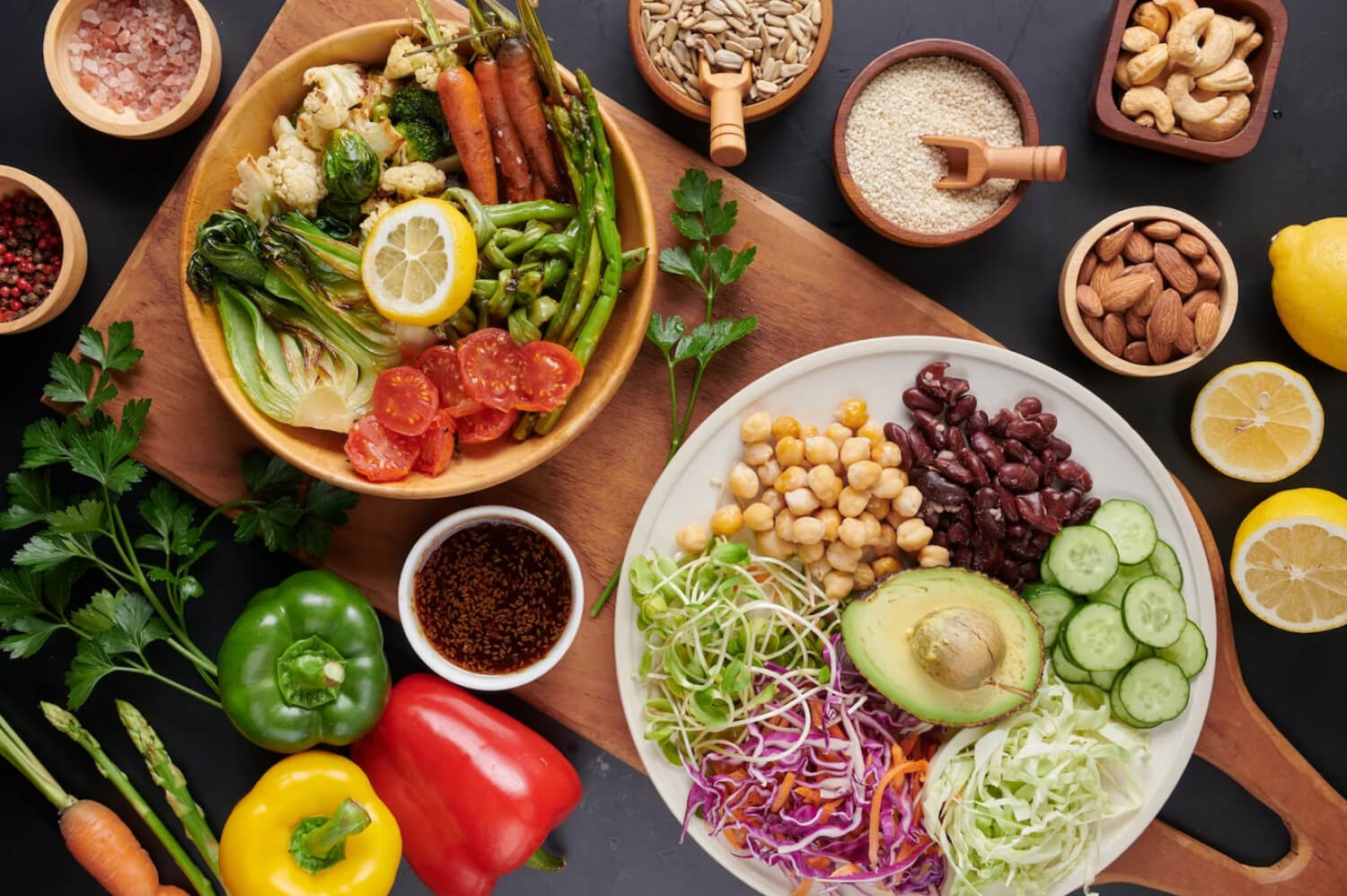Parotta is a popular Indian flatbread that is commonly found in the southern states of India, particularly in Kerala, Tamil Nadu, and Karnataka. This delicious bread is made with flour, water, and a pinch of salt, and is typically served alongside spicy curries, stews, or chutneys. In this blog post, we’ll explore the history of parotta and why it’s such a beloved food in India.
History of Parotta
The origins of parotta can be traced back to the Malabar region of Kerala, where it was first made by the Muslim community. The word “parotta” is derived from the Arabic word “barrel”, which refers to the round shape of the bread. Over time, parotta has become a staple food in southern India, and is now enjoyed by people from all walks of life.
How is Parotta Made?
parotta is made by mixing flour, water, and salt together to form a smooth dough. The dough is then rolled out into thin, circular shapes, which are cooked on a griddle until they are golden brown and slightly crispy. Traditionally, parotta is made using a special technique that involves folding the dough multiple times, which gives it a flaky, layered texture.
Variations of Parotta
While the classic parotta recipe is made with just flour, water, and salt, there are many variations of this delicious bread that you can try. Some people add a little bit of sugar to the dough to give it a sweeter flavor, while others use different types of flour, such as whole wheat or semolina, to create a heartier texture. You can also add herbs and spices, such as garlic or cumin, to the dough to give it a more complex flavor profile.
How to Enjoy Parotta
parotta is typically served with spicy curries, stews, or chutneys. The bread’s mild flavor and flaky texture make it the perfect accompaniment to bold and flavorful dishes. You can also use parottato make sandwiches, wraps, or even pizzas. If you’re feeling adventurous, try dipping your parotta into a bowl of hot tea or coffee for a unique and satisfying breakfast.
Conclusion
parotta is a delicious and versatile flatbread that has been enjoyed in southern India for centuries. Whether you prefer it plain or stuffed with herbs and spices, there’s no denying the simple pleasure of tearing into a fresh, warm parotta and savoring its flaky layers. So the next time you’re looking for a tasty and filling side dish, be sure to give parotta a try!
Advantages of Parotta Food
Parotta is a popular Indian flatbread that originated in the southern state of Kerala. Here are some advantages of parotta that make it a great addition to any meal:
- Versatile: Parotta can be eaten with a variety of dishes, from spicy curries and stews to chutneys and pickles. It’s also a great base for sandwiches, wraps, and even pizzas.
- Nutritious: Parotta is made from wheat flour, which is a good source of complex carbohydrates, fiber, and protein. It can also be made with other types of flour, such as whole wheat or multigrain flour, for added nutrition.
- Easy to digest: The process of kneading and stretching the dough during the making of parotta makes it easier to digest compared to other types of bread.
- Low in fat: Parotta is a low-fat food, which makes it a healthier option compared to other breads.
- Quick and easy to make: Parotta can be made quickly and easily with just a few simple ingredients. This makes it a convenient option for busy weeknights or when you need a quick meal.
- Affordable: Parotta is an affordable food option, making it accessible to people from all walks of life.
- Delicious: Above all, parotta is delicious! Its crispy, flaky texture and mild flavor make it a perfect complement to a wide range of dishes.
Overall, parotta is a versatile, nutritious, and delicious food that has been enjoyed in India for centuries. Whether you’re looking for a quick and easy meal or a flavorful accompaniment to your favorite dish, parotta is a great option to consider.
Disadvantages of Parotta Food
While parotta has many advantages, there are a few potential disadvantages to keep in mind:
- High in calories: Parotta can be high in calories, especially if it’s made with refined flour and/or fried in oil. Consuming too many calories can lead to weight gain and other health problems.
- High in carbohydrates: Like other types of bread, parotta is high in carbohydrates, which can be a concern for individuals with diabetes or those following a low-carbohydrate diet.
- Low in micronutrients: While parotta is a good source of macronutrients such as carbohydrates and protein, it may be low in micronutrients such as vitamins and minerals. It’s important to consume a varied diet to ensure you’re getting all the necessary nutrients your body needs.
- May contain trans fats: Some parotta recipes may call for the use of partially hydrogenated oils, which are a source of trans fats. Trans fats can increase your risk of heart disease and other health problems.
- May not be suitable for those with gluten sensitivity or celiac disease: Parotta is typically made with wheat flour, which contains gluten. Individuals with gluten sensitivity or celiac disease should avoid consuming parotta or opt for gluten-free alternatives.
- May be high in sodium: Depending on the recipe and cooking method, parotta may be high in sodium. This can be a concern for individuals with high blood pressure or those trying to limit their sodium intake.
Overall, while parotta is a delicious and versatile food, it’s important to consume it in moderation and consider the potential disadvantages as part of a balanced and varied diet.











